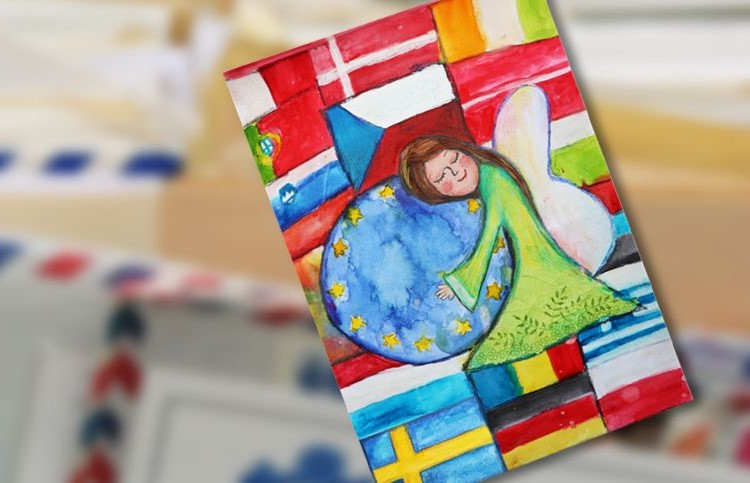The Diplomat
The Czech Republic took over the rotating Presidency of the Council of the EU last Friday, after a French Presidency marked by the Russian invasion of Ukraine and by the unity demonstrated by the Member States in their response to this challenge to the security and economy of the Union.
“This was the end to six months of effort on the part of France to manage the work of the Council, which were particularly affected by the Russian aggression in Ukraine,” the Czech government declared on the occasion of the start of the Presidency. “The Czech Chairmanship will be guided by the political priorities reflecting the program of the Chairmanship Trio, as well as by the current geopolitical situation, in particular the Russian invasion of Ukraine,” it continued.
The current Presidency Trio consists of the Czech Republic, France (which led the EU in the first half of 2022) and Sweden (which will lead from January 1 to June 30, 2023). The next Trio will therefore kick off with Spain’s Presidency in the second half of 2023 and continue with the Belgian and Hungarian Presidencies, both throughout 2024.
“Europe is currently facing many challenges and challenges, but if we act with one voice and determination, we will emerge from these crises stronger and more resilient,” said Czech Prime Minister Petr Fiala during a speech on June 15 at the Hrzánský Palace, Prague (seat of the head of government), to present the political priorities of the Czech Presidency.
Under the motto Europe as a task, the priorities of the Czech Presidency will focus on five “closely interrelated” areas: the management of the refugee crisis and the post-war reconstruction of Ukraine, energy security, the strengthening of European defense and cybersecurity capabilities, the strategic resilience of the European economy and the resilience of democratic institutions.
The official start of the Czech Presidency in Spain will take place on July 6, with the traditional flag-raising ceremony, at the headquarters of the European institutions in Madrid, by the Ambassador of the Czech Republic, Ivan Jančárek. In Brussels, the opening ceremony of the Czech Presidency is scheduled for September 21.
In total, more than 320 political events will take place in the Czech Republic and more than 50 ministerial meetings will be held during the Czech Presidency, both in Brussels and Luxembourg. Major events in the Czech Republic include 14 informal ministerial councils at the Prague Congress Center and an informal summit at Prague Castle in October. A rich cultural program is also planned.
With the handover of the presidency, a difficult six-month French period marked not only by war, but also by some significant developments, such as the adoption of the strategic compass, the adoption of measures to reduce energy dependence on Russia, the creation of a border carbon adjustment mechanism, the launch of the reciprocity instrument on access to public markets, the directive on minimum wages, regulations to regulate the activities of technology giants in Europe and protection for network users, and the directive on pay transparency to ensure equality between women and men in the world of work, all within the framework of the initial intention of Paris (clearly disrupted by the invasion of Ukraine) to consolidate “a Europe of sovereignty”.







